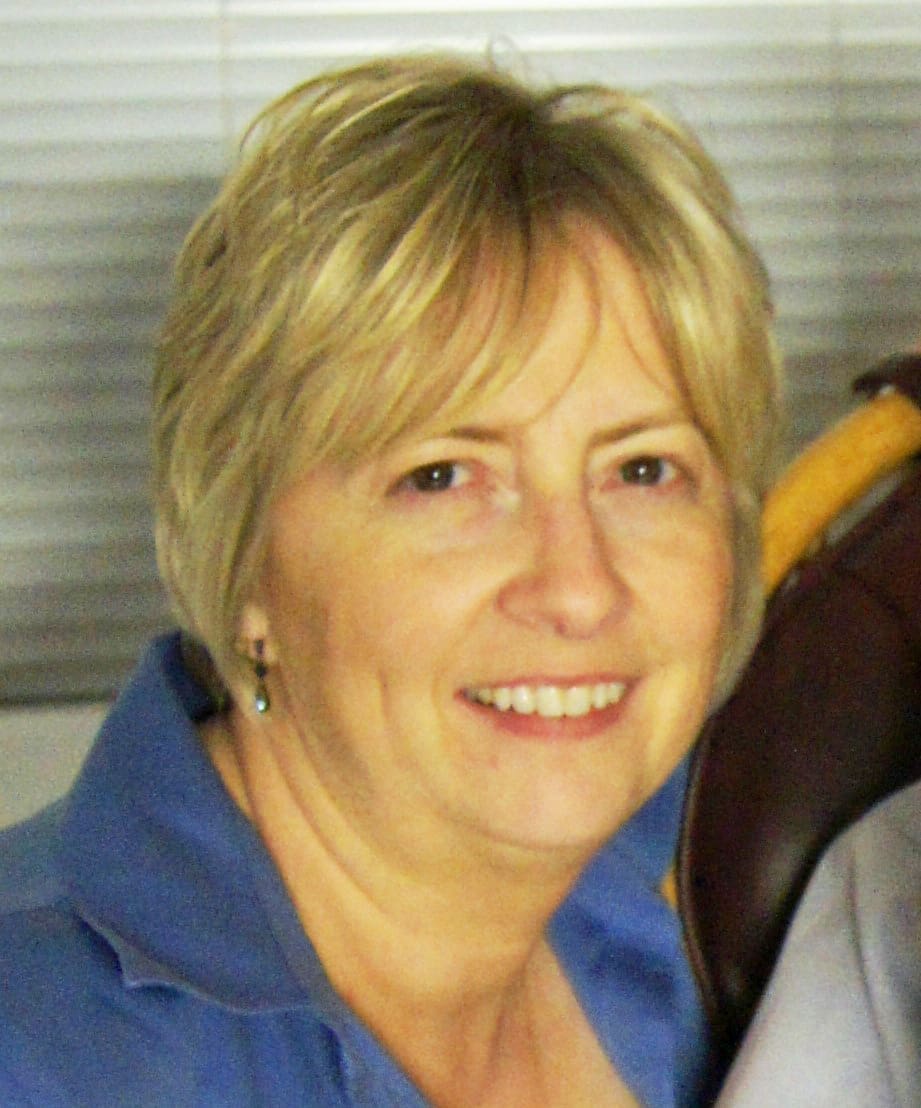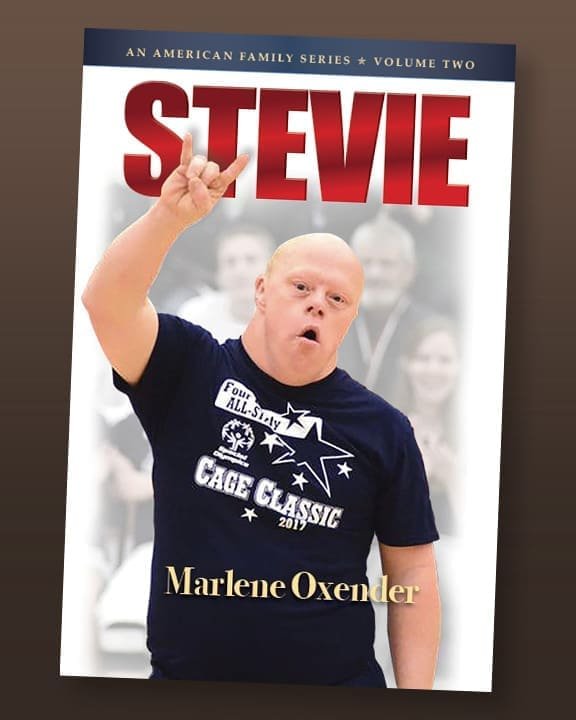
By: Marlene Oxender
When the subject of inheritance comes up, my mind goes to the antiques and collectibles that one generation passes down to the next. I was a child when I received a cookie jar from my grandparents. I also own a salt-and-pepper shaker that once belonged to them.
My parents departed this earth having left some nice antiques for my siblings and me. They also left plenty of good reading material. Scrapbooks.
Newspaper clippings. Old letters and postcards. I’ll likely never stop writing about the memorabilia that became my inheritance.
I am now the owner of two Webster’s dictionaries I remember using in my childhood. I’ve also acquired a box of letters my Grandma Lula had received back in the early 1900s. They’re here to stay – I won’t be throwing them away.
You’d think there’d be no way I would wish my Mom and Dad would have left more words. But who doesn’t want to find words on the backs of photos?
And the antiques they left behind – why are there no words documenting what my parents knew about those items? And there should have been more words about my father’s days in the military.
My grandson Deano has always been a creative speller. I once found a paper with a pizza order he’d taken for us.
Deano had noticed that no one was figuring out what toppings we’d like on our pizzas. So, with pen and paper in hand, Deano walked around the room and asked everyone what they’d like on their pizza.
I’ll never throw his written pizza order away, for it is a reminder of a great day we spent together. And who doesn’t want to choose from sawsege, mushrum, green peper, chees, Barbiqu chiken, and meetlovers?
Since becoming a writer, I notice words more than ever. When I’m out and about, I notice words on wall plaques. I notice song lyrics. I notice words I’m not familiar with. I’ve learned how easy it is to forget a word I want to remember, so I’m quick to write it down on a piece of scrap paper.
The definition of “noticer” can be found in the online dictionaries, and it simply means “someone who takes notice.” I found it interesting that the definition of “noticer” cannot be found in my 1960s Webster’s dictionaries.
When my grandson Toby was five years old, my husband and I were at an amusement park with him. We had decided to go on a ride together, so we waited in line, crawled in our seats, and buckled in.
It was then that Toby changed his mind and told us he didn’t want to go on the ride after all. He ended his explanation with, “I just noticed that.”
And then the ride started. Toby’s words became part of our family’s vocabulary. When we feel as though we’re late with our decision or we’ve changed our mind, we explain that we just noticed that.
Life goes on, and the older I get, the more I want to take notice of the good things going on around me. It’s been said that “serendipity” is the most beautiful word in the English language.
After experiencing the loss of my brother Stevie, who had Down syndrome, I can say I’ve been noticing serendipitous moments more than ever. I now have several little “angel stories” that end with tangible evidence that I’ve been divinely guided.
When I’d spend time with Stevie and ask him what he’d like to do, he was usually quick to suggest we just “hang out.” That always sounded good to me.
Everyone knows that “hanging out” means you’re going to do whatever comes next. There are no guidelines. It may involve sitting outside for a while. It may involve finding a ball to toss around. Or walking over to the rose bush that’s always been there, blooming from April through November.
Stevie was a great noticer of the change of seasons. He especially loved summertime. If it was a sunny day, he’d point it out and even thank the sun for being there. On cloudy days, he’d ask the skies where the sun might be.
He often stood at the dining room window, binoculars in hand, keeping an eye on the activity in his yard. He noticed the squirrels and birds busy at work.
I miss hanging out with Stevie. My mind hasn’t fully accepted that I can no longer pick him up to go somewhere. I remind myself that Stevie is still with me – just in a different way.
Some say he’s closer to me than ever. And when they say words such as those, I quickly have tears in my eyes.
If I could play the guitar, I’d write a folk song about hanging out. About sitting around the campfire watching the sun go down and the moon show up to take its turn.
I’d sing about how fine it is to be with friends. How sweet it is to love someone. How right it is to care. I’d write lyrics about being a noticer of all things beautiful. About those who are no longer here but are “closer than they’ve ever been.”
Tucked away in the lyrics of my folk song would be poems and promises. And the things that we believe in. I recently heard the old adage, “Seeing is believing,” but it may be truer that believing comes first. And then we can see. Miracles happen for those who believe in miracles. And won’t for those who pay no mind.
After we lose someone special in our life, our world is turned upside down. Our vocabulary changes forever. We’re left with memories of times we spent together.
The day will come when we, too, shall leave this earth. We’ll be the reason someone has tears in their eyes. We’ll be the ones who’s left a few words behind.
Words they’ll sing in their folk songs while they’re sitting around a campfire watching the sun go down. And they’ll talk about the love that was so easy to notice. Love they’d never change their mind about.
They’ll need to continue the life they’re buckled in for. And they’ll be in awe of the angel moments they can’t help but notice.
———————–
Marlene Oxender is a writer, speaker, and author. She writes about growing up in the small town of Edgerton, her ten siblings, the memorabilia in her parents’ estate, and her younger brother, Stevie Kimpel, who was born with Down syndrome. Her two recently published books, Picket Fences and Stevie, are available on Amazon.


